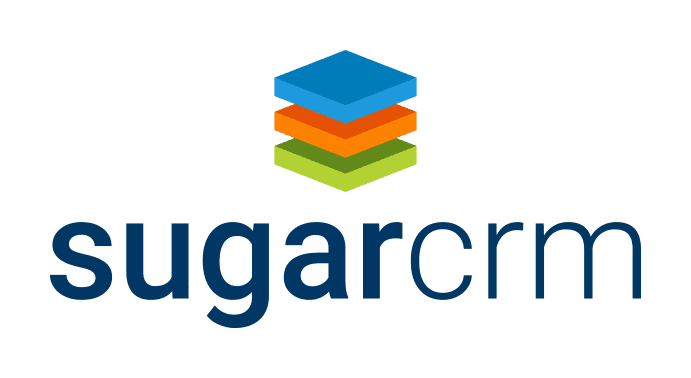The future for accountants will include leveraging the right technologies to deliver value for their organization. Their responsibilities will include fewer tedious tasks while their role will evolve to become strategic decision-makers. As automation becomes the standard, finance professionals will need experience pairing their knowledge and experience with integrated machine technology and artificial intelligence to bring maximum value to their organizations.
This guide is an accountant’s introduction to artificial intelligence (AI) and cloud-based accounting software systems. With the race to employ AI full speed ahead in many organizations, accountants need to make informed decisions about where and how to employ AI in their business. It isn’t AI for AI sake either – accountants will need to decide which areas AI accounting software can help achieve organizational goals.
What CPAs Need to Know about Artificial Intelligence
The ability of AI to replicate human behaviors doesn’t mean machines will replace accountants. While some lower-level positions will be affected through AI automation, accountants will be needed to become strategic advisors.
Helpful AI Terminology
- Artificial intelligence refers to the technology which allows computers to perform human-like functions such as perceiving, reasoning, learning, and problem-solving.
- Machine learning refers to a subfield of AI which gives internal systems the ability to automatically learn and improve from experience without being directly and explicitly programmed.
- Supervised learning refers to a form of machine learning where a system uses human feedback to learn the relationship of specific inputs to specific outputs.
- Unsupervised learning refers to a form of machine learning where the system explores input data without having output expectations, for example identifying patterns and trends.
AI Accounting in the Cloud Requires Additional Skills
Organizations seek accountants who bring more diversity in their skill set, including a strong background in data management. Accountants who are able to embrace the AI tools which perform the tedious work will outperform those who don’t see the direction the industry is heading.
Here are a few ways accountants can remain prepared for cloud-based AI accounting software:
- Becoming familiar with AI and what it can do to achieve organizational goals
- Determining primary areas in which AI can benefit their organization
- Ensuring your IT infrastructure can handle the change
- Ensuring staff is open-minded and given the tools needed to learn and embrace new technology
- Always striving for accurate, clean data which is readily accessible for AI opportunities
- Understanding how data can be integrated with AI and machine learning technologies to give organizations a competitive advantage
- Ensuring data is properly labeled in order to be usable for AI analysis and insights
- Providing value-added analysis by interpreting data and communicating to stakeholders
Today’s accountant uses AI to dramatically increase productivity and streamline business processes. Companies looking to AI and machine learning to stay ahead will need tech-savvy accountants to lead the way and be prepared to take full advantage of AI accounting technology.

